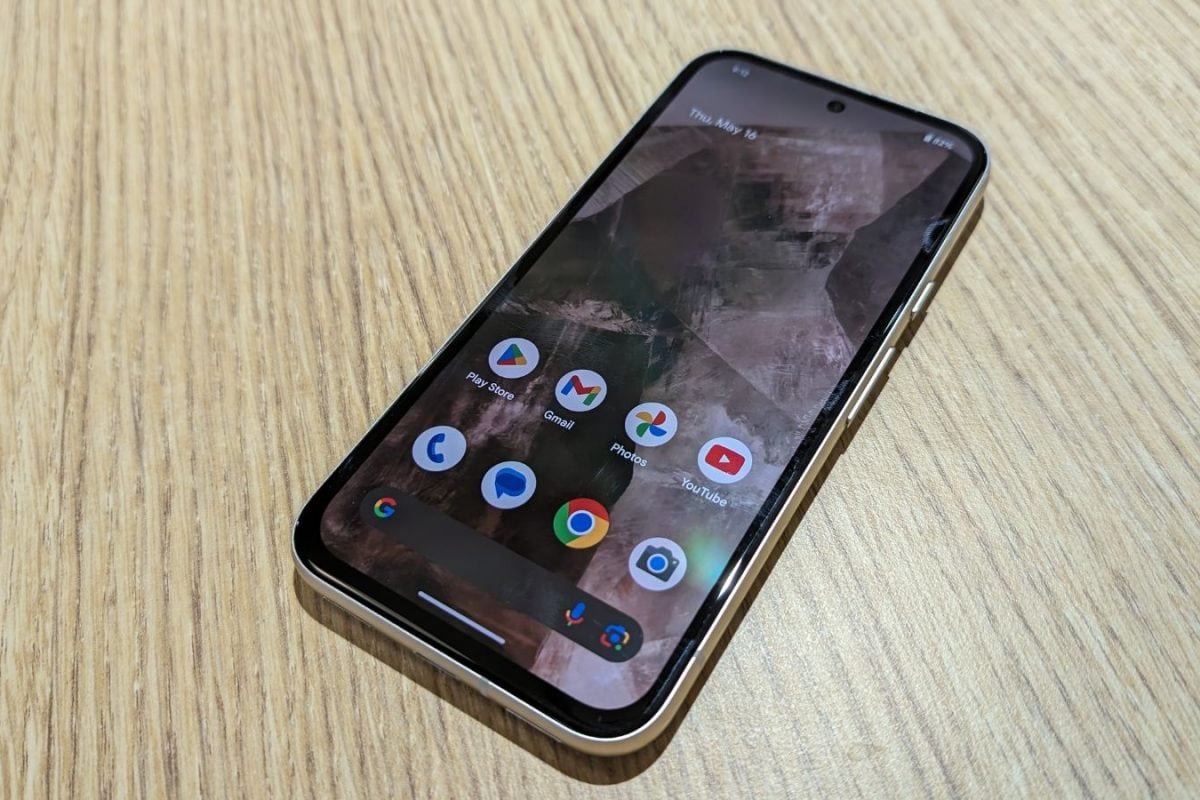
In a region where loyalty schemes dominate the retail landscape are paper receipts on the way out?I’m looking at a pile of receipts on my desk...
crumpled bits of paper spewed out of retailers’ terminals. Flimsy proof of my honesty. Safeguards if I change my mind or the item is faulty.

Essential for claiming a warranty. Managing these data-rich records is a headache for customers, but the huge financial and environmental cost of issuing them is weighing heavily on merchants, too.“Retailers’ biggest problem everywhere is streamlining the checkout and eradicating paper to meet their ESG targets and to cut spending,” says Chris Purdie, Founder of paytech Receiptable, which claims retailers can reduce their carbon footprint by 2.
5g of CO2e for every digital receipt issued. That could be of interest to merchants in many regions – notably France where automatically issuing paper receipts was banned in 2023 under the country’s Anti-Waste Law. But right now Receiptable’s sights are set on the Middle East where retailers are motivated to reduce the burden of paper chits for a host of environmental and operational reasons, but also for one key commercial advantage.
They want to leverage what the receipt represents – namely a snapshot of a customer’s spending habits.“Some of the biggest retailers in the Middle East have 60 per cent of their customers scanning loyalty cards at the checkout but they want the other 40 per cent. They want the full picture,” says PurdieThat’s incentivised many to routinely capture personal details, such as telephone number and email, at the till, which not only slows the checkout process, but in some countries now risks a run-in with the regulator.
Receiptable’s solution aims to bridge that 40 per cent gap by acting as a messenger between the customer’s bank and the merchant. It triggers a receipt containing merchant-enriched data to be sent to the customer’s banking app in real time, simultaneously alerting the POS not to issue a paper one.With the right safeguards and permissions in place, it doesn’t take a genius to work out how valuable that vault of data could be to marketeers, while simultaneously solving a practical problem for consumers and a not insignificant one for the planet.
“Retailers’ biggest problem everywhere is streamlining the checkout and eradicating paper”Chris Purdie, ReceiptableAl-Futtaim is a well-established privately owned business, headquartered in Dubai, that holds franchises locally for some of the best-known brands in Europe and the USA. Sweden’s IKEA and the UK’s M&S are among them. Its lifestyle and loyalty app, Blue Rewards, operates in nine countries in the Middle East and South East Asia and gives Al-Futtaim a 360-degree view of individual customer behaviour across all the retail brands in its portfolio.
Blue allows customers to earn cashback and benefit from a range of highly personalised offers and rewards. It also recently launched an AI advisor to help customers find the products and services most relevant to them.Paul Carey is the programme’s Chief Products and Payments Officer.
Since Covid, he says it’s seen a significant growth in card-based payments, both digital wallets and contactless, especially in the UAE where more than 90 per cent of the population are ex-pats, including a growing wave of digital natives. Here, as in Saudi Arabia, smartphone penetration exceeds 90 per cent, making app-based payments and rewards increasingly the default, as opposed to traditional paper and card-based systems.“Cash is becoming less and less common, with less than 15 per cent of customers using it in our retail businesses in the UAE,” says Carey.
“Apple Pay is available in the UAE, Saudi and, most recently Egypt [where it launched in December 2024]. Credit cards are still relatively new in Egypt, but they are picking up steam, while in Saudi local debit card usage covers the majority of spend. So you see very different customer behaviour across the region.
”The rules around till receipts vary, too, depending on local regulation.“Every country has its own local regulation and compliance policies, which is sometimes hard to harmonise for our business operations. In the UAE, a receipt must be printed in English and Arabic, making them longer, which is more expensive in terms of the amount of data and printing required.
The customer often gets both a card slip and a POS slip, too, depending on the brand set-up.” Like most retailers, its conscious of environmental sustainability – or lack of it – in the checkout process.“Reducing paper and ink is an obvious target,” says Carey.
“Reducing the storage of all this paper is an added benefit when multiplied by many brands and locations.”The additional advantage of digital receipts issued to Blue members is that customers can find them when they need them.“Digital receipts have the potential to provide much more depth of understanding”Paul Carey, Al-Futtaim Blue Rewards“E receipts tend to be sent in SMS/ WhatsApp/email and as a customer I have to switch across all these if I need to retrieve a receipt for warranty purposes, for example,” says Carey.
“If you’re a Blue member, you will soon be able to access your receipt in one place and show it to the till where it will be accepted for refund purposes. This ability to retrieve a receipt is better than getting it in the first place.”The language of loyaltyLoyalty schemes dominate the retail landscape in the Middle East and Al-Futtaim’s is seen as one of the leaders in the move to digital-first and app-based programmes.
According to the Middle East Loyalty Programs Market Databook 2025, published in February by Research and Markets, the value of reward schemes in the region is set to grow by 16.3 per cent this year and will reach $5.49billion by 2029.
It predicts the growth will be driven by AI-enabled personalisation, subscription-based loyalty, and coalition models where brands collaborate to offer shared rewards. Blue is a centralised programme that already extends across multiple diverse brands, from Toys R Us to Ted Baker.“We have stock-keeping unit (SKU) level data so we can personalise offers, depending on what an individual customer buys,” says Carey.
“But having access to this type of data for a customer’s spend outside of Al-Futtaim would be incredibly valuable so we can improve our understanding and personalisation.“Our data team want more of those data points to make our engagement more relevant..
. we don’t want to be sending out everything to everyone. From a bank’s perspective, too, being able to see all the data – not only where they are shopping, but also what they are buying – means they could do a lot more with tailoring products that are relevant to a customer’s circumstances, such as specific personal lending.
”That’s the premise on which Receiptable is basing its offer to banks – launching soon with two in Bahrain. It gives them the opportunity to tailor financial offers and services, built on a detailed understanding of their customers’ spending, and also to partner with retailers in Receiptable’s merchant network. That’s not such a far-fetched idea.
The region has already seen First Abu Dhabi Bank, the largest in the UAE, launch an online rewards shop for luxury brands. There are also initiatives between financial services providers, hotel chains, airlines and telecoms, and growing interest among consumers for subscription-based loyalty programmes that unlock premium rewards targeted just to them. And while it’s ever-more sophisticated AI-driven technology that will enable that, none of it would be possible without a humble receipt.
This article was published in The Paytech Magazine Issue 16, Page 22-23The post EXCLUSIVE: “Chit Chat in the Middle East” – Chris Purdie, Receiptable in ‘The Paytech Magazine’ appeared first on FF News | Fintech Finance..














